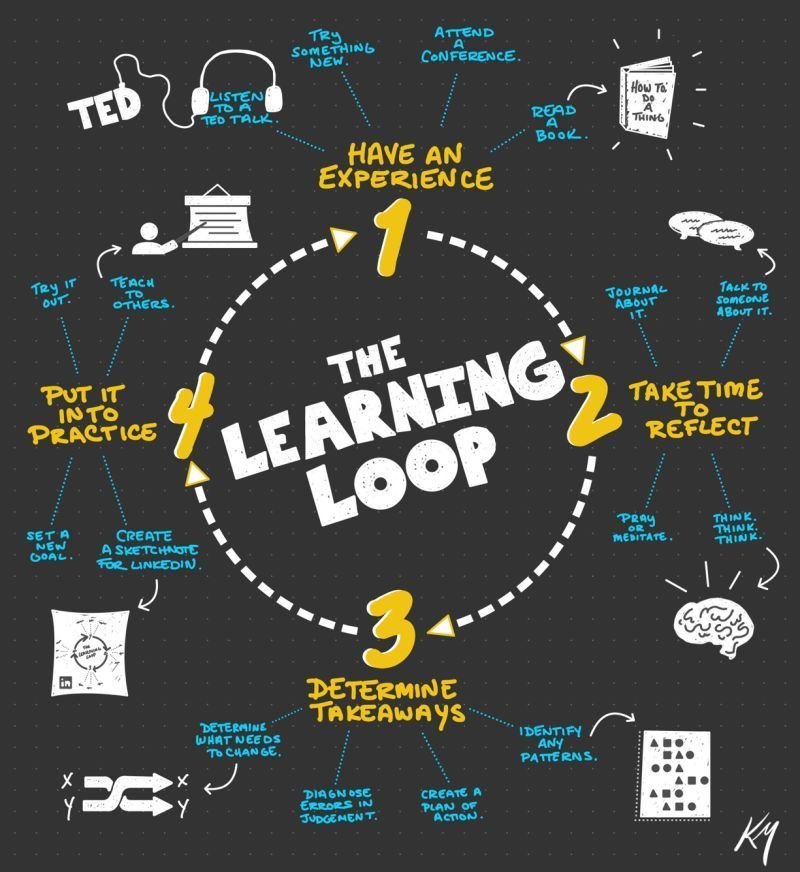This clinical encounter flashed backed months ago, when I saw my physique on a mirror. I am out of shape! Last year alone, I saw two colleagues my age succumbed to lifestyle disease-related complications. Another one took his own life. I got so scared I started researching physical and nutritional health, again. I did the same research, activity and dieting, several times in the past. I even went on organic farming to support these effort but well, failed. So not this time I promised. I also delve into specifics of incorporating such healthy physical and nutritional lifestyle into a busy physician life. Is it even possible?
Share Your Insights
For this conversation, I wanted to learn how healthcare professionals maintain well-being while delivering the best care possible. I want to reach out and gain insights from colleagues’ experiences. Your experiences and strategies can provide invaluable guidance and support to fellow physicians navigating similar challenges. Here are three main questions I’d love for you to answer:
T1. How Do You Manage Stress and Prevent Burnout?
Burnout, characterized by emotional exhaustion, depersonalization, and a diminished sense of personal accomplishment, is a prevalent issue among physicians. There’s no published local data yet, but according to a study published in the Journal of the American Medical Association (JAMA), more than half of U.S. physicians experience substantial symptoms of burnout (Shanafelt et al., 2015). How do you manage stress and prevent burnout in such a high-pressure environment? Are there specific strategies, routines, or practices you follow?
T2. How Do You Prioritize Your Physical Health?
Given the irregular hours and intense workload, maintaining physical health can be challenging for healthcare professionals. Regular exercise, a balanced diet, and sufficient sleep are fundamental to overall well-being but are often compromised. An 2018 FNRI study showed 37.2 % of Filipinos adults are obese. Since 1993 to 2018, fasting blood glucose is increasingly elevated in adults. Approximately 40% of Filipino adults are also physically inactive. While these figures do not single out healthcare professionals, it doesn’t exempt us either. According to the American Medical Association, a significant number of physicians report insufficient sleep, which can impair cognitive function and overall health (American Medical Association, 2017). How do you ensure you get enough sleep, exercise regularly, and maintain a healthy diet? What tips and tricks do you have for balancing these aspects amidst your busy schedule?
T3. How Do You Sustain Mental and Emotional Well-being?
The emotional demands of being a physician are immense. I witness doctors quit training because “they couldn’t handle the pressure”. I talked to a colleague shifting into an outpatient only practice because in patients took much of his night time sleeps. Dealing with patients’ suffering, making critical decisions, and managing complex relationships can take a toll on your mental health. The National Academy of Medicine highlights that mental health issues among physicians are often underreported and undertreated (National Academy of Medicine, 2019). How do you take care of your mental and emotional well-being? Are there support systems, hobbies, or mindfulness practices that you find particularly helpful?

“If you don’t make time for exercise, you’ll probably have to make time for illness.”
Robin Sharma
Looking Back
Will that patient follow my advice when he sees my physique now? Will my improve physical and mental well being impact my work as a physician? Please share your insights in the chat with the guide questions above . Kindly append your answers with #healthxph hashtag. Your insights should help foster a community of well-being and resilience among colleagues.
References
- Shanafelt, T. D., Hasan, O., Dyrbye, L. N., et al. (2015). Changes in burnout and satisfaction with work-life balance in physicians and the general US working population between 2011 and 2014. JAMA, 314(22), 2334-2343. doi:10.1001/jama.2015.13971
- American Medical Association. (2017). Addressing physician burnout: The way forward. Retrieved from https://www.ama-assn.org
- National Academy of Medicine. (2019). Taking Action Against Clinician Burnout: A Systems Approach to Professional Well-Being. Retrieved from https://www.nap.edu/catalog/25521/taking-action-against-clinician-burnout-a-systems-approach-to-professional









